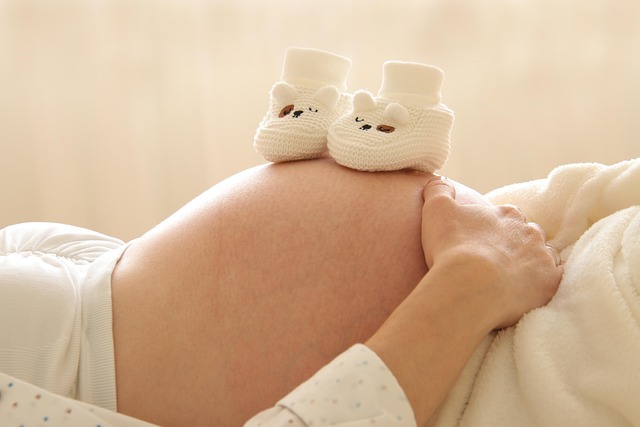Written by Claire Thompson. Reviewed by Sarah Mitchell.
The Facts About Conceiving After 35
Celebrities like Jennifer Aniston, who welcomed her first child at 47, and Jessica Alba, who had her third child at 36, show that starting a family later in life is becoming increasingly common. Although women over 35 are categorized as having “Advanced Maternal Age” (AMA), the landscape of fertility has shifted. Medical guidelines are evolving to prioritize personalized assessments rather than a one-size-fits-all label. However, it’s important to note that fertility naturally declines with age, presenting unique challenges.
How Does Fertility Shift After 35?
From ages 30 to 40, the likelihood of conceiving in any given cycle drops from approximately 20% to about 5%. While this may sound discouraging, it doesn’t eliminate the possibility of pregnancy; rather, it underscores the importance of understanding your fertility health and making informed choices. Individual experiences vary significantly, with overall health playing a crucial role.
💡Expert Insight💡
“Fertility decreases sharply after 35, but many women can still conceive naturally if they are ovulating regularly, have no known fertility issues, and maintain a healthy lifestyle,” says Dr. Emily, the Chief Medical Officer at OVUM. “It’s also essential to consider sperm health as part of the fertility equation.”
Tips to Enhance Your Chances of Conception After 35
When planning for a family later in life, it’s vital to consider various factors related to reproductive health and egg quality. Here are some suggestions:
- Adopt a Healthy Lifestyle: Focus on balanced nutrition, regular physical activity, and maintaining a healthy BMI. Avoid smoking and limit alcohol consumption.
- Monitor Your Fertile Window: Pinpointing ovulation is crucial. Use an ovulation calculator to optimize your chances (you can find a great one through Tommy’s charity).
- Support Your Egg Health: Look for fertility supplements that provide essential nutrients to support egg quality, especially important as you age.
- Understand Your Fertility: A fertility test can provide insights into your reproductive health. Knowing your ovarian reserve and hormone levels can help you plan effectively.
What If You Require Assistance?
For some individuals, conceiving naturally after 35 may take longer or require medical intervention. Treatments like IVF or IUI can be effective, but they should be considered after exploring other options. For more information on IVF, check out this excellent resource.
Risks Associated with Pregnancy Over 35
There are several risk factors that increase with age during pregnancy, including:
- Miscarriage
- Premature birth
- Low birth weight
- Ectopic pregnancy
- Preeclampsia
- Gestational diabetes
- Stillbirth
- Chromosomal conditions
Fortunately, advancements in health assessments and genetic screening have made it easier to understand and manage these risks.
The Trend of Delayed Parenthood
Many individuals are choosing to delay parenthood due to career aspirations, personal goals, or finding the right partner. A recent study found that 82% of women aged 35-39 conceived naturally within a year of regular intercourse. While this is encouraging, being aware of age-related changes and taking proactive steps can make a significant difference. You can also explore topics such as postpartum experiences in our other blog posts here.
Summary
Starting a family after 35 is increasingly common, but it comes with unique challenges and considerations. By maintaining a healthy lifestyle, tracking ovulation, supporting egg health, and understanding personal fertility, individuals can improve their chances of conception. While some may require medical assistance, there are many resources available to support the journey to parenthood, including reputable sources like Make A Mom.

